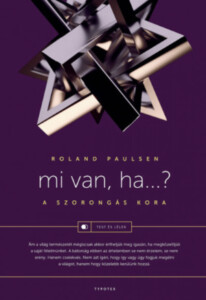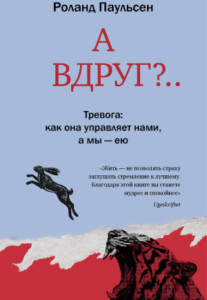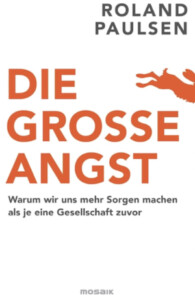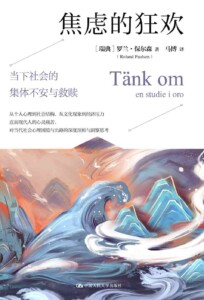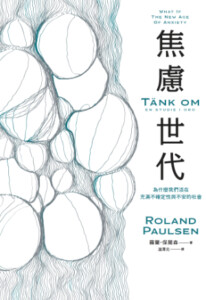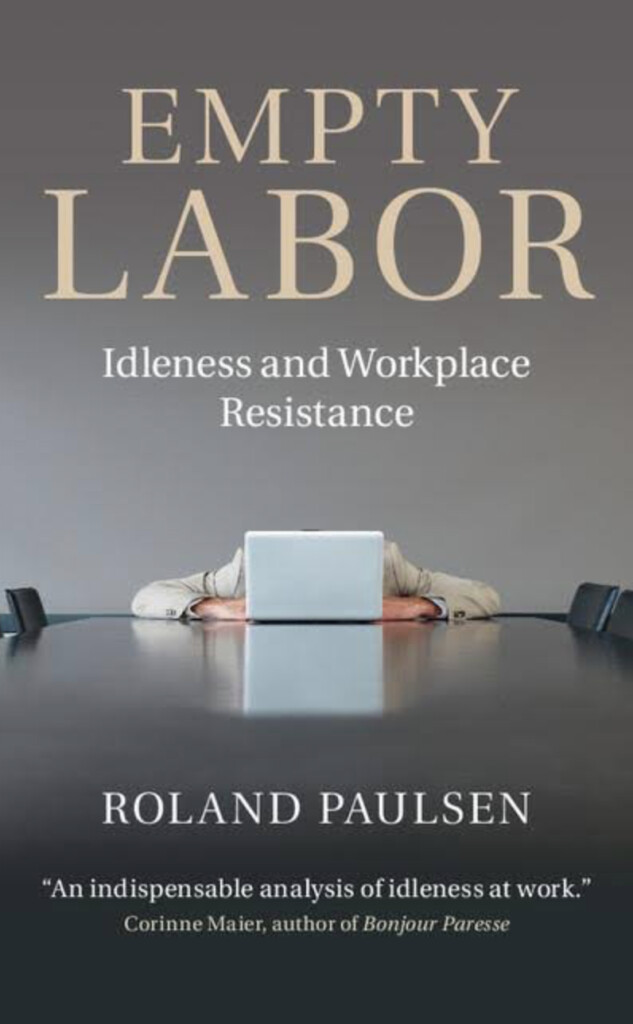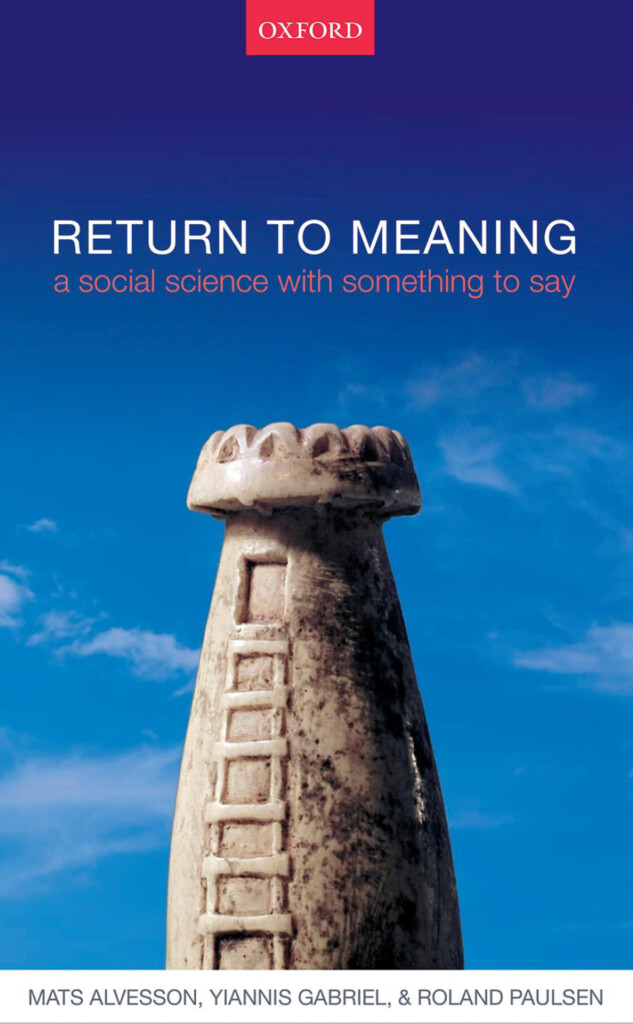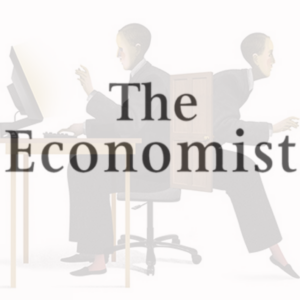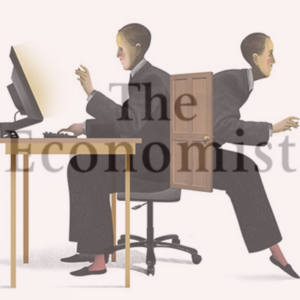”Paulsen’s comprehensive treatment of both conceptual and empirical issues freshly infuses discussions of compliance/resistance with ideas about subjectivity. As noted by Alvesson in the book’s Foreword, Paulsen’s treatment of work and nonwork and of labor and empty labor is unconventional, careful, reflective, and at times ironic. With likewise praise, Paulsen’s Empty Labor was recently awarded the EGOS Book Award 2017.”
– Gili S. Drori, Organization Studies
”Those interested in work—or how to avoid it—will find this book both provocative and fascinating for what it suggests is really happening in the workplace. Just don’t tell the boss.”
– Christopher Andrews, American Journal of Sociology
This isn’t just a fun read. I found the book refreshing politically and intellectually (in this, the book gets better as you read on – he is on fire in the last three chapters).”
– Cedric de Leon, Contemporary Sociology
Despite some obviousness to it, their timely, insightful, and sometimes ironic yet funny book should become a compulsory reading for contemporary researchers (not only in the social sciences), publishers, politicians responsible for science, and all those interested in a creative dialogue with scholars. We all should look critically at what comes into the university inbox and take responsibility for what we send from our outbox.”
– Małgorzata Ćwikła, Organization
”I agree with the authors that academics have much more power than we often realize. We can, if we choose, use it to intervene much more forcefully in vital social and political debates. I also agree with this book’s authors that our research is in crisis and needs an overhaul, a core argument that is powerfully reasserted in the book’s concluding chapter. Universities and business schools in particular have no divine right to exist. Work that exists only or mainly to promote our careers is worthless, and sooner or later it is a ‘game’ that the paying public will no longer allow us to play. This book offers radical alternatives that it is surely in our own self-interest to embrace.”
– Dennis Tourish, Organization Studies



